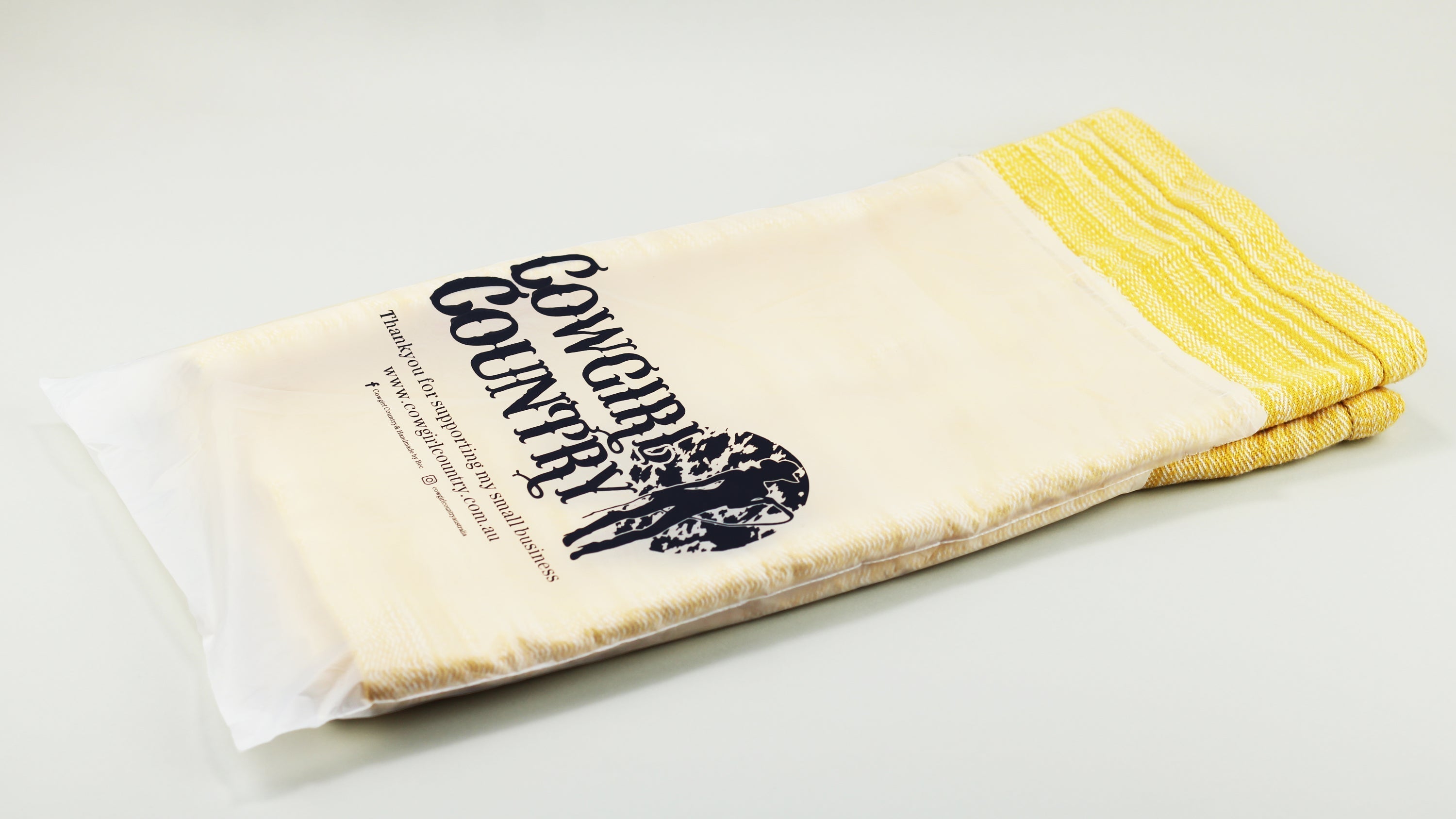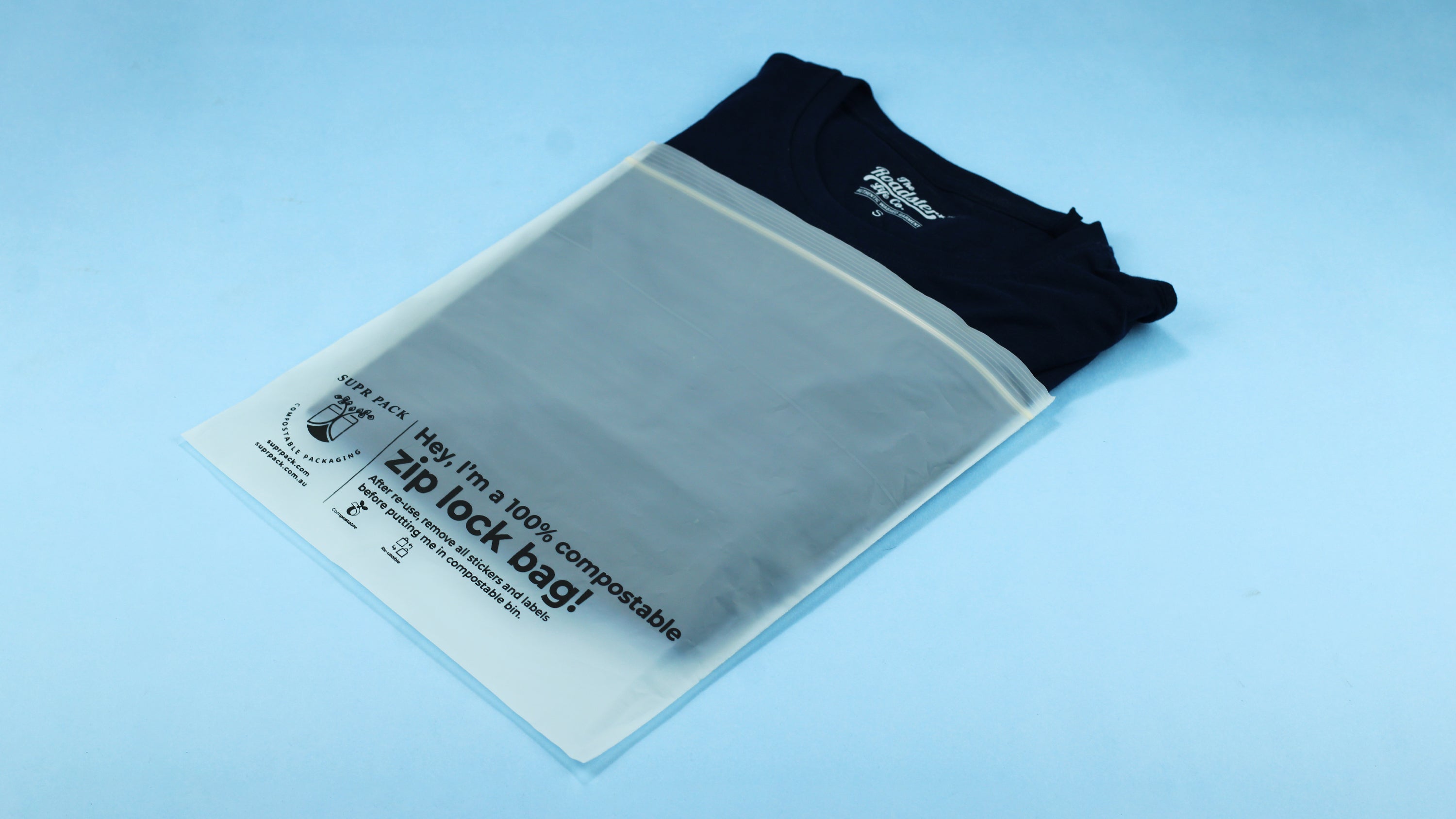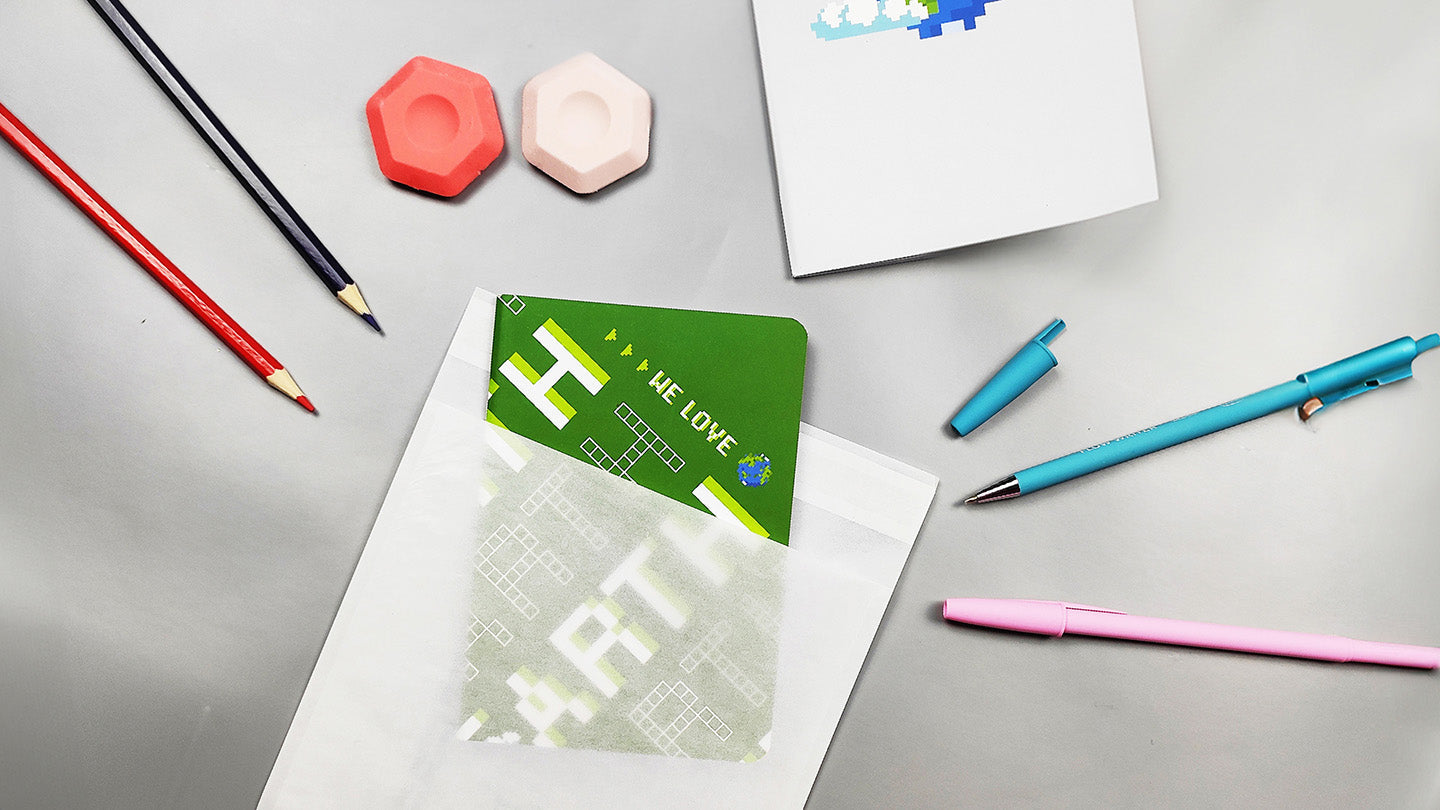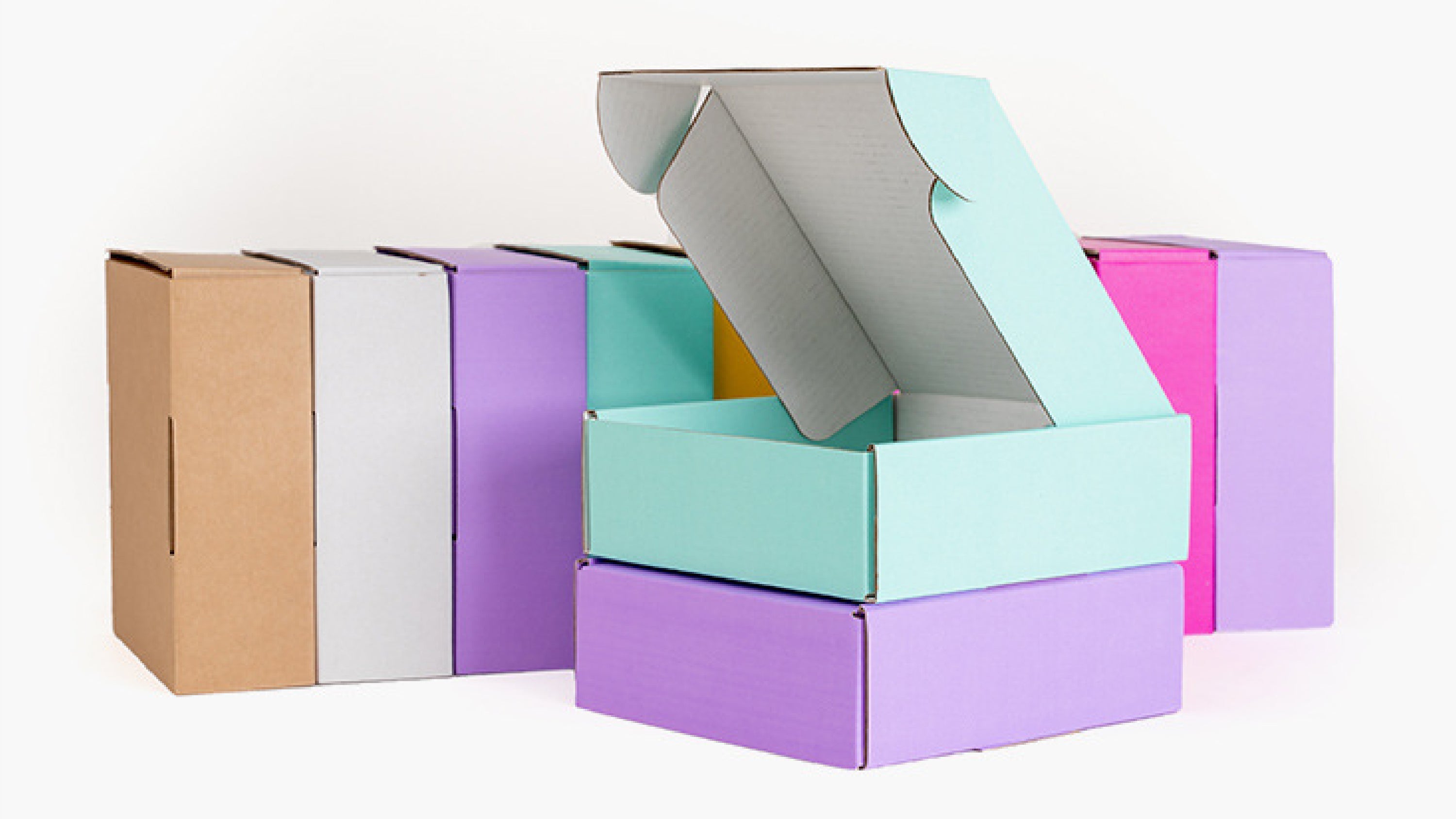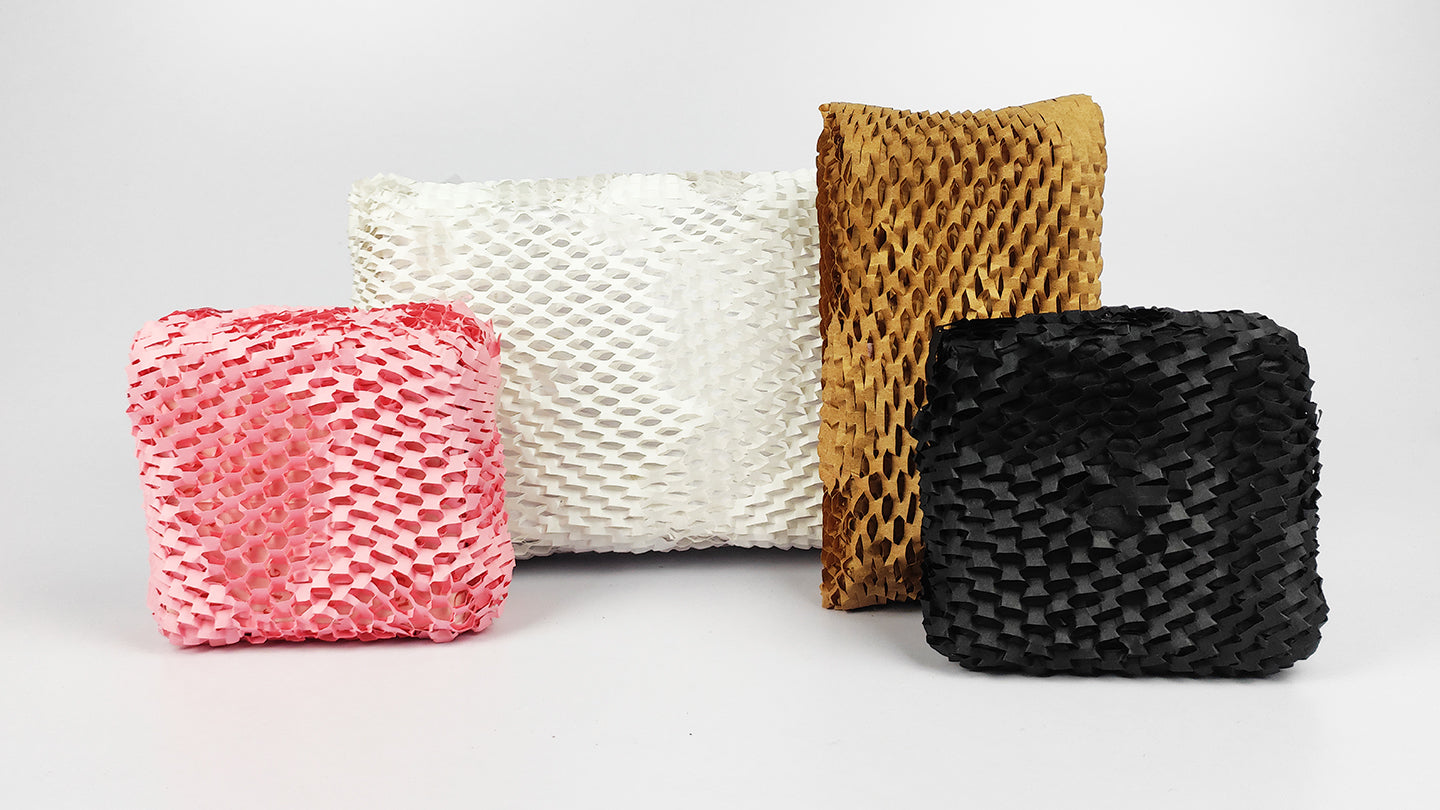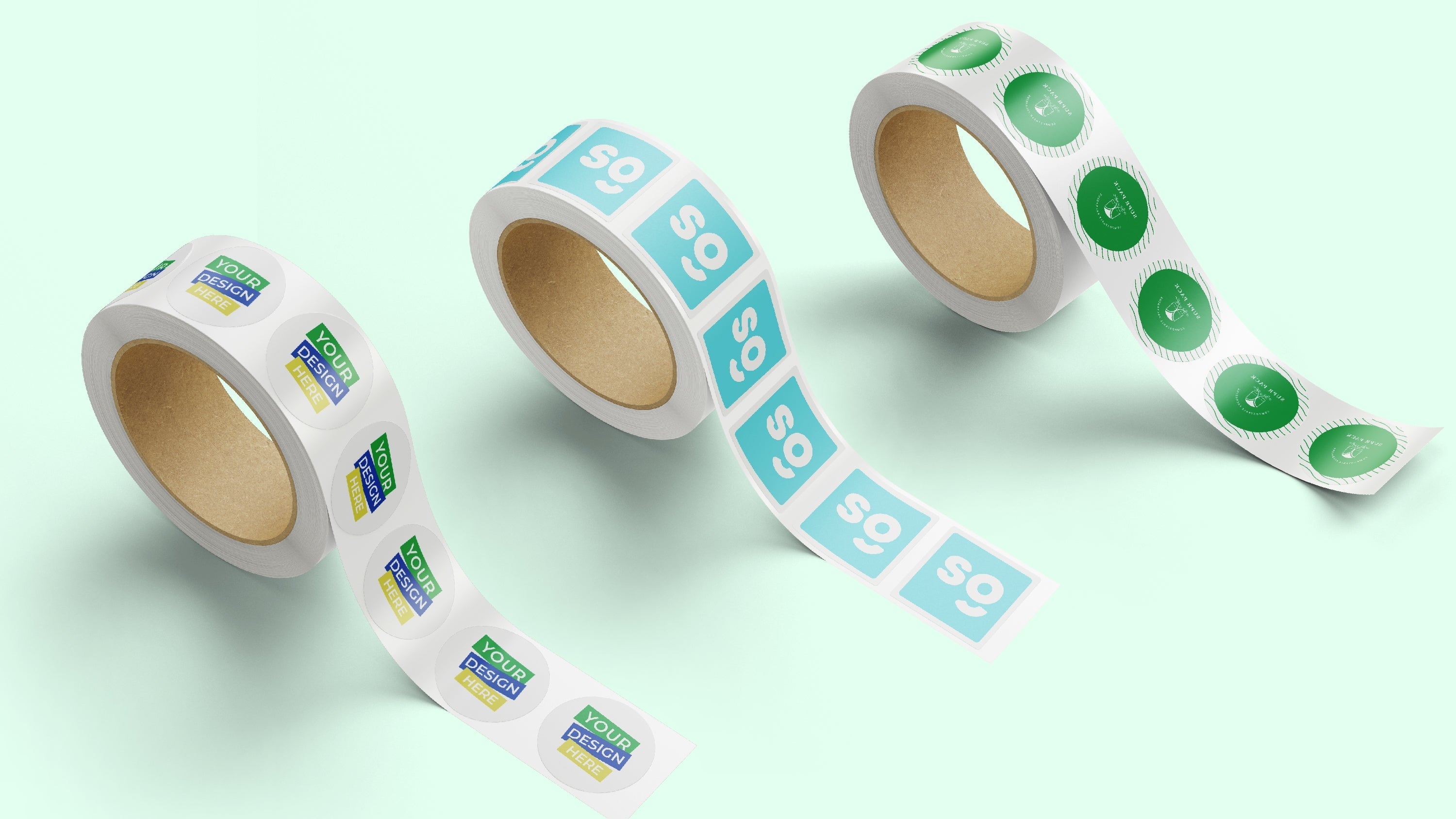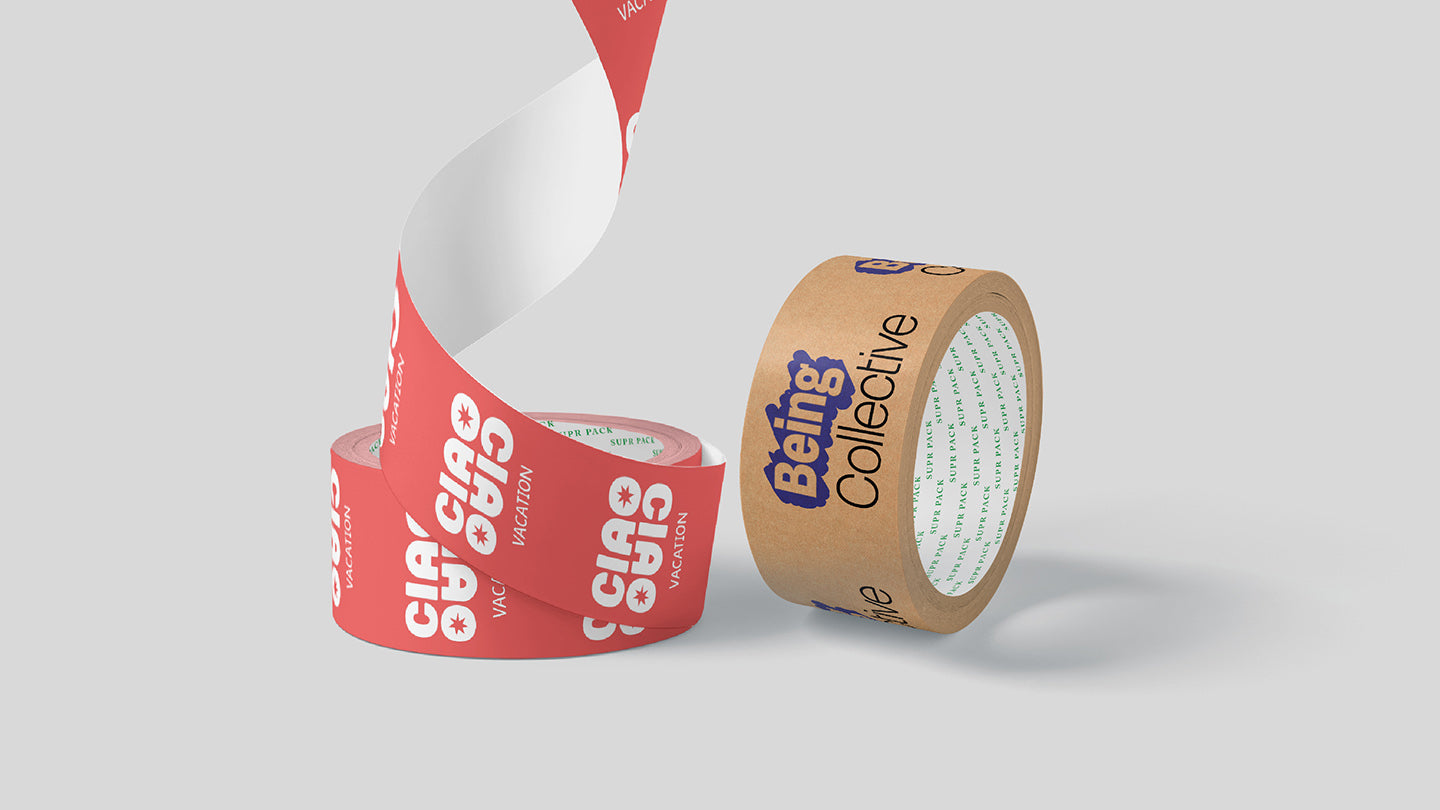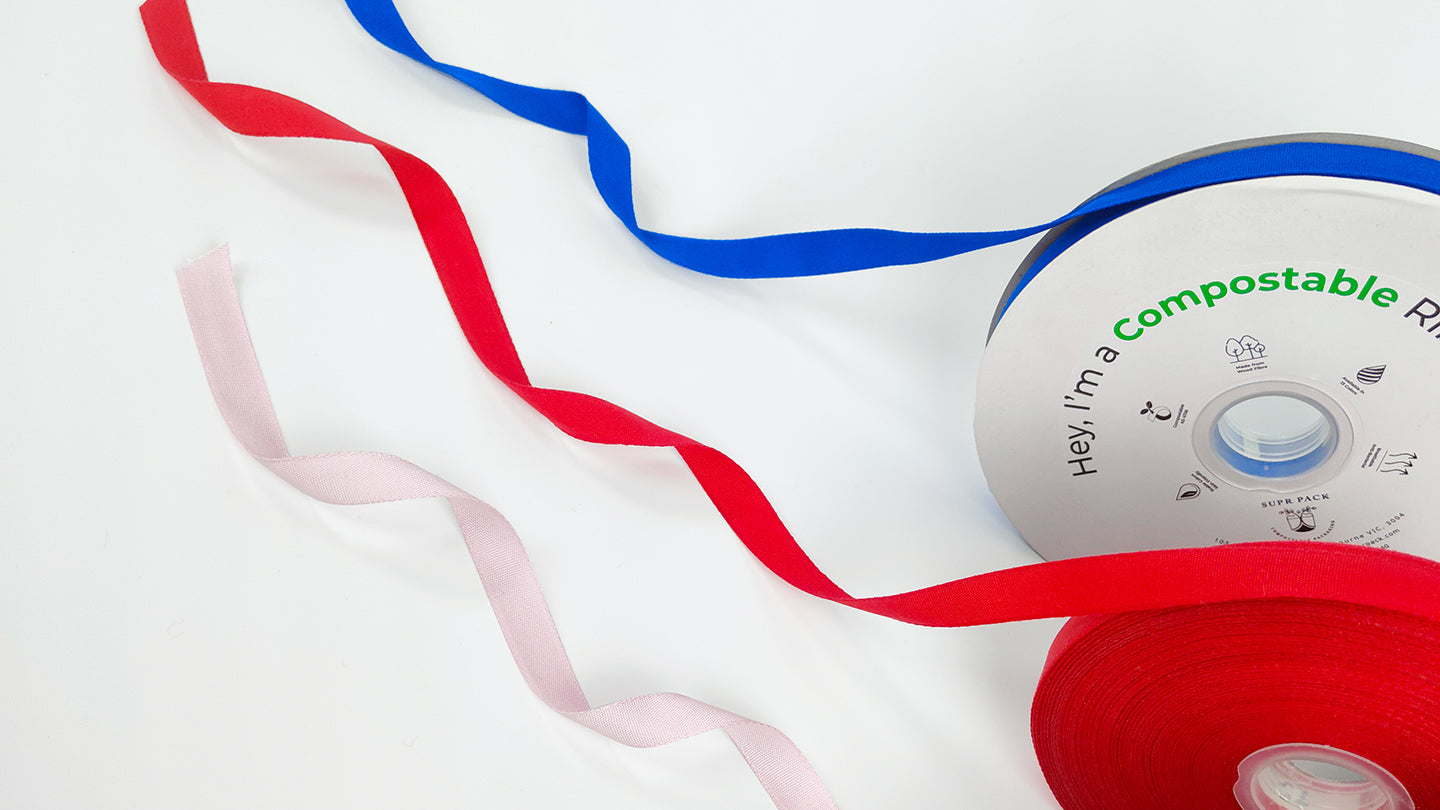Is It Possible To Go Green By Using Compostable Bags?
What is a Compostable Bag, and how is it different from a biodegradable bag? This is a query that many users have. Even the most well-intentioned consumer can feel uninformed in a world where numerous "eco-friendly" phrases are flung around interchangeably to entice buyers. You may hear the following terms when deciding which ecologically responsible packaging is appropriate for your product or business.
In a natural setting, a Biodegradable Poly Bag will break down into carbon dioxide, water, and biomass in a reasonable time. It's essential to recognize that just because something is labeled as biodegradable doesn't mean it will degrade under particular circumstances. Landfills need more bacteria and creatures to decompose trash. Biodegradation may not occur promptly if disposed of within another container or plastic bag.
Compostable Bag: According to the EPA, an organic material that will decay under a regulated biological process in the presence of air to generate a hummus-like material. Compostable materials must decompose in a fair amount of time (a few months) with no visible or hazardous leftovers. Composting can occur in a commercial or municipal composting facility and a home composter.
A recyclable bag is a biodegradable poly bag that can be collected and recycled to make new paper. Paper recycling breaks wasted paper materials into cellulose by combining them with water and chemicals (an organic plant material). The pulp mix is strained through screens to eliminate adhesives or additional pollutants before being de-inked or bleached and recycled into new paper.
Theoretically, 'Compostable' Bags are entirely degradable vegetable matter such as potato or corn starch. However, they must be broken down in the right conditions, often not met in a home compost setting. It may be necessary to establish central composting facilities to guarantee the compost can achieve high temperatures.

Some brands hail compostable packaging as a solution to garbage issues.
However, skeptics claim that most biodegradable packaging will be thrown away with regular trash, releasing methane as it degrades, just like any other organic matter in a landfill.
Furthermore, compostable packaging in the recycling stream may contaminate all other materials, rendering the entire batch unrecyclable.
One primary concern with compostable packaging is that it encourages recycling rather than minimizing trash generation in the first place. Recycling is always preferable to reducing and reusing.
While there is still a large way to go until biodegradable and compostable plastic bags are perfect, compostable bags are a start in the right direction. They can be a great tool to help your compost heap when used with an existing composting system. Compared to ordinary garbage bags, they may need to be up to transporting rubbish to the dump.
Examine your garbage bag requirements to see if compostable bags may be beneficial. If this is the case, it is yet another step toward a greener and cleaner living.
The Last Lines!
Compostable packaging is undoubtedly a perfect choice to go green. Shipping products in Compostable Custom Mailers by Supr Pack will give you a dual benefit. One, it will help you in branding; another, they are compostable. Personalized poly mailers will show your commitment to the environment as they are printed using soy-based ink. Moreover, the mailers by Supr Pack are sturdy, waterproof, durable, have a premium matte finish, are writable, and are available in different varieties. Check the entire collection at Supr Pack and make a choice today.



